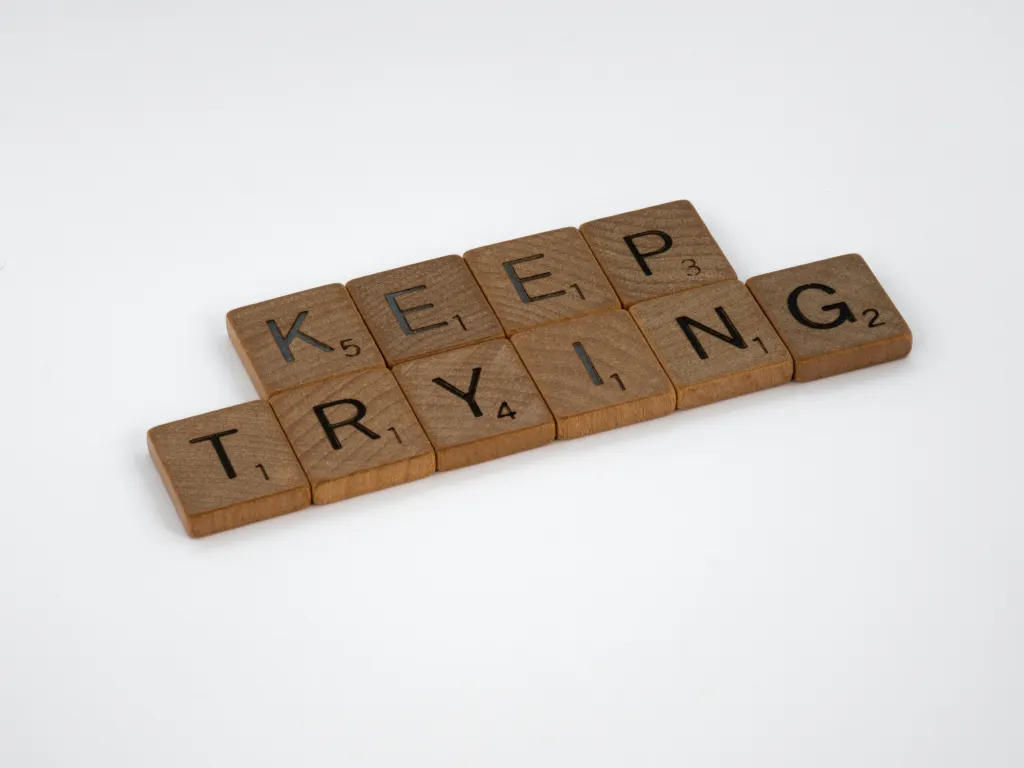Procrastination
Procrastination is a common behaviour that affects almost everyone at some point in their lives. It's the act of delaying or postponing tasks or actions that we know we should be doing. While procrastination can feel good in the short term, it often leads to negative consequences, such as missed important deadlines, increased stress and anxiety, and decreased productivity. In this blog, we'll explore the reasons why we procrastinate and some practical tips for how to stop this behaviour.
Why do we procrastinate?
Fear of failure - One of the most common reasons why people procrastinate is the fear of failure. If we're afraid we won't be able to do a task well, we may avoid it altogether. This fear can be paralysing and can prevent us from even starting a task.
Lack of motivation - If we don't feel motivated to do a task, we're more likely to procrastinate. This lack of motivation could be due to various factors, such as boredom, lack of interest, or feeling overwhelmed.
Perfectionism - People with perfectionistic tendencies may procrastinate because they want everything to be just right. They may feel like they can't start a task until they have all the information they need or until they have the perfect plan.
Lack of focus - If we're easily distracted or have trouble staying focused, we may procrastinate because we can't seem to get started on the task at hand.
How to stop procrastinating
Break tasks into smaller, more manageable chunks - If a task seems overwhelming, break it down into smaller pieces. This can make it feel more manageable and less intimidating. It's easier to start a small task than a big one; once you get started, it's often easier to keep going
Set specific goals and deadlines - Setting specific goals and deadlines can help you stay on track and motivated. Write down what you want to accomplish and when you want to accomplish it. This can help you prioritize tasks and make sure that you're making progress towards your goals.
Eliminate distractions - Identify the things that distract you and try eliminating them. If you're easily distracted by your phone or social media, for example, turn off your notifications or use an app that blocks those sites during work hours.
Practice self-compassion - Instead of beating yourself up for procrastinating, practice self-compassion. Recognize that procrastination is a common behaviour and that it's okay to struggle with it. Be kind to yourself and focus on making progress, not perfection.
Use the "two-minute rule" - If you're having trouble getting started on a task, use the "two-minute rule." Tell yourself that you'll work on the task for just two minutes. Often, once you get started, it's easier to keep going.
How therapy can help
Procrastination can be a difficult behaviour to overcome, but it's not impossible. By understanding the reasons why we procrastinate and implementing practical strategies for overcoming it, we can increase our productivity, reduce stress and anxiety, and achieve our goals. Remember, it's okay to struggle with procrastination, but it's essential to keep progressing towards your goals.
with therapy, you can get the support and guidance you need to overcome it. In therapy, you work with a trained professional who helps you figure out what's causing your procrastination and develop practical solutions for managing it.
It's a collaborative and supportive process where you explore your thoughts and feelings about procrastination and learn skills to break the cycle. Therapy can help you gain insight and clarity, build resilience, and achieve your goals. So if you're struggling with procrastination, know that you're not alone and that there's help available to you.
-By Elizabeth




